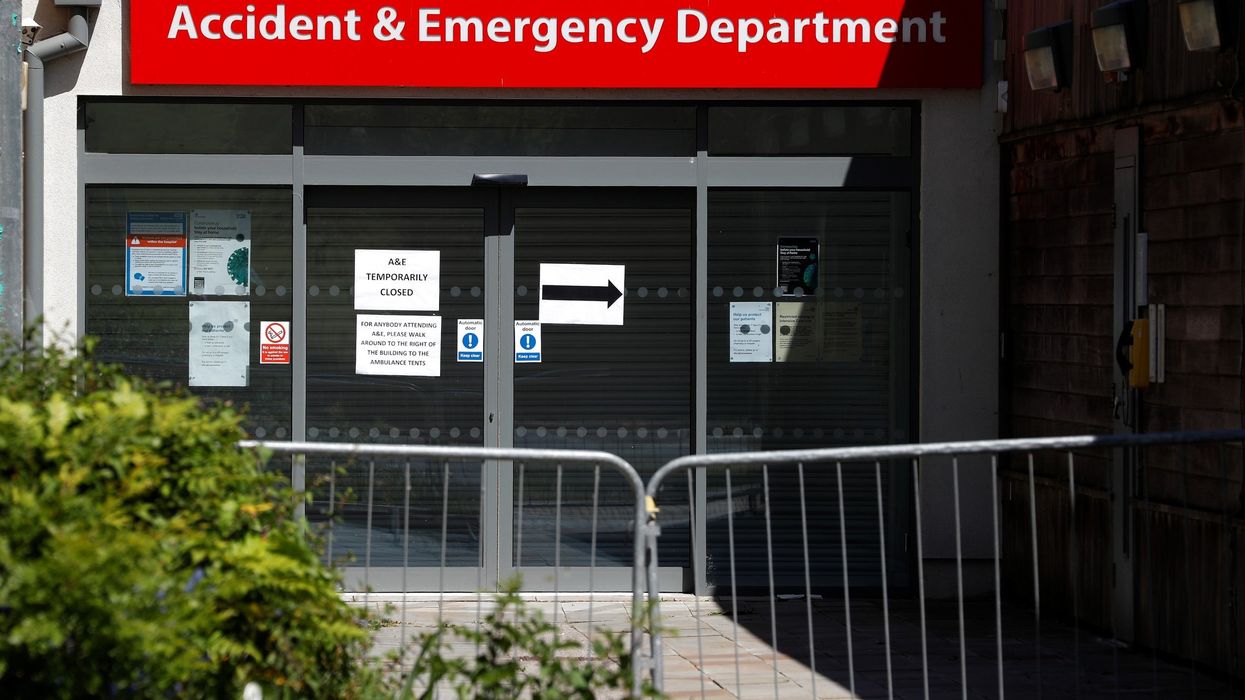Under the new NHS virtual wards scheme, hospitals to be incentivised for prompt care, with 12-hour A&E target
In a strategic move to enhance healthcare delivery, the NHS has announced plans to intensify the utilisation of virtual wards under the the Urgent and Emergency Care Recovery Plan.
The NHS virtual wards are aimed to reduce avoidable hospital admissions across England.
This follows a comprehensive analysis revealing significant benefits from virtual wards over the past year.
"Virtual wards offer a transformative approach to healthcare delivery, allowing patients to receive medical care from the comfort of their own homes," remarked NHS national director for urgent and emergency care, Sarah-Jane Marsh.
"This initiative not only reduces the burden on hospital resources but also ensures that patients receive timely and personalised care."
Virtual wards aim to cater to individuals with respiratory conditions, heart failure, and frailty.
Thereby, providing access to treatment such as intravenous therapy or nebuliser treatment remotely, thus contributing to a reduction in hospital bed occupancy.
"The success of virtual wards in preventing hospital admissions has been remarkable," stated Marsh.
"In the South East region alone, over 9,000 admissions were prevented in the past year, highlighting the significant impact of this innovative approach."
Extrapolating from this success, NHS analysis suggests that nationwide implementation of virtual wards could potentially prevent 178,000 admissions over the next two years.
This strategic shift is supported by a directive from NHS England, outlining evidence-based measures to bolster urgent and emergency care performance.
Notably, hospitals are encouraged to prioritise prompt patient management, with financial incentives tied to achieving a maximum 12-hour wait time in A&E.
"Our aim is to ensure that patients receive the care they need in a timely and efficient manner," remarked Minister for Urgent and Emergency Care, Helen Whately.
"By expanding virtual ward provisions and implementing targeted interventions, we can alleviate pressure on hospital services and improve patient outcomes," she further added.
The multifaceted approach outlined in the NHS directive includes streamlined clinical assessment processes and enhanced frailty evaluations.
It also includes measures to enhance workforce flexibility and retention.
With stringent targets in place, the NHS aims to usher in a new era of healthcare delivery characterised by enhanced efficiency and patient-centered care.












